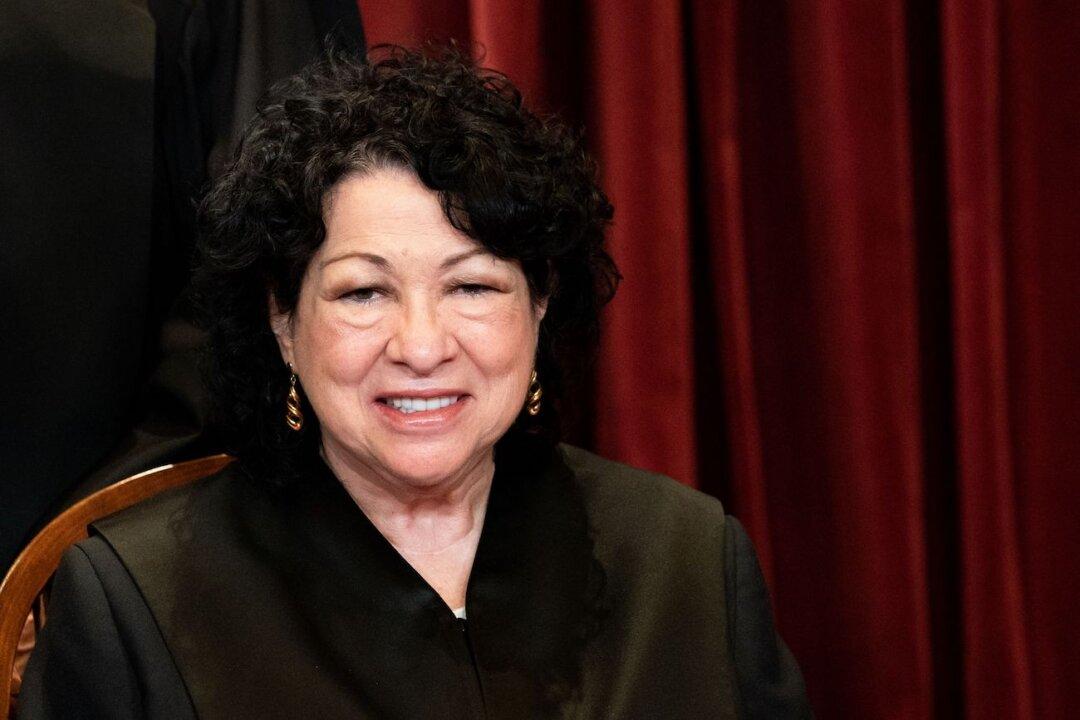The Supreme Court unanimously ruled in favor of an American mother on June 15, finding that a U.S. appeals court was wrong to find that her Italian-born child should be returned to his abusive father in Italy despite the risk to which the child may be exposed by doing so.
When a U.S. court determines that sending an abducted child to another country where the child would be at risk, the courts don’t have to consider whether things can be done to reduce those risks, Justice Sonia Sotomayor wrote in the high court’s opinion (pdf) in Golan v. Saada, court file 20-1034.





